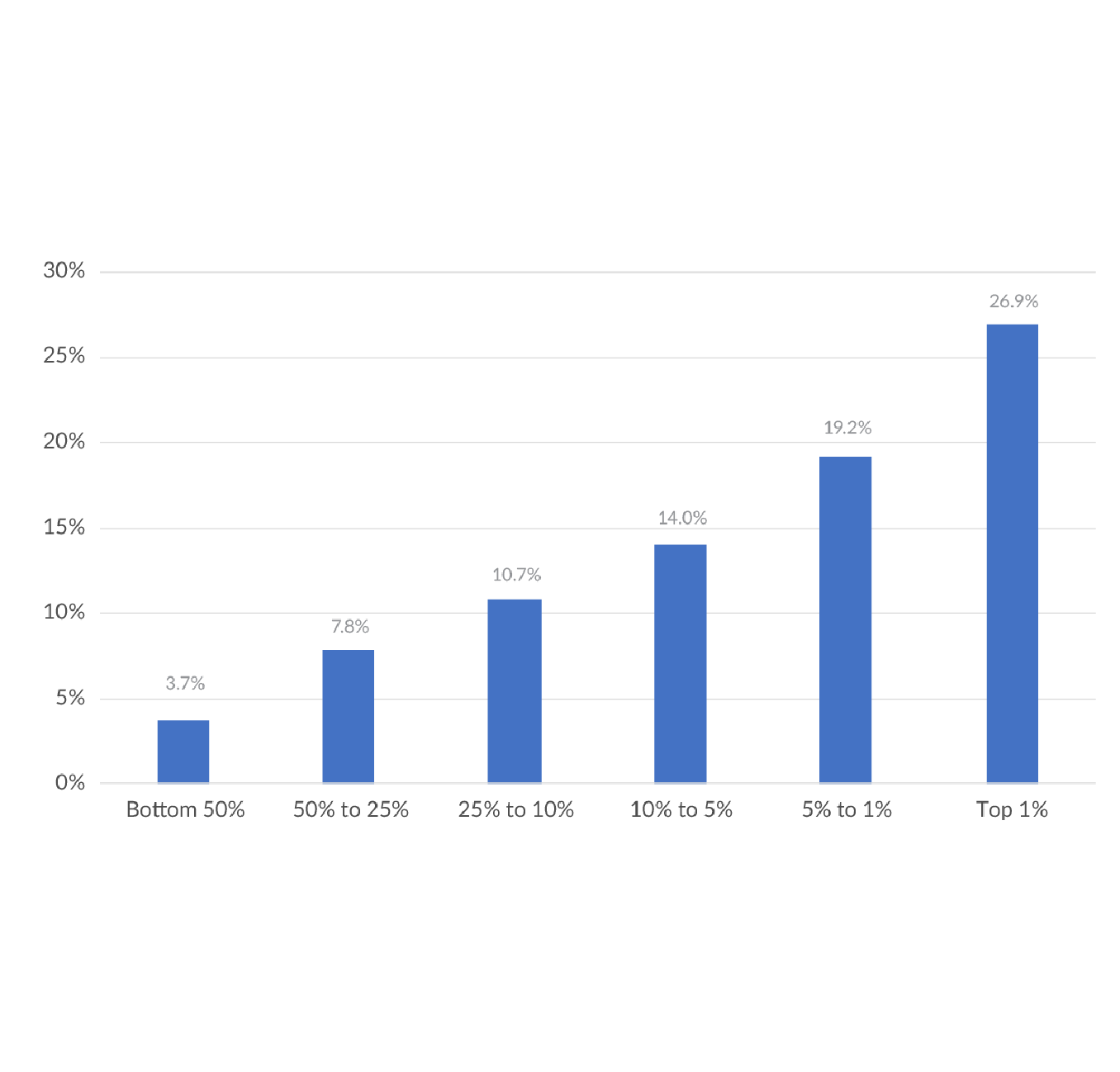Every time the rich start to hoard wealth and intellectual property...
Wealth hoarding doesn't arise from 'disposition' or undisciplined traits or even reactionary tendencies among the wealthy. When ownership and operation of the means of production and distribution are separated, irreconcilable class interests are put into motion. In addition to the basic contradictions between private ownership and social production, there are also basic contradictions arising from the contrary interests of nation states competing for dominance of global economic markets.
The particulars of life under this system can be discussed endlessly to no avail. Without resolution to those basic contradictions, the meaningful and permanent changes that are needed are not forthcoming. The problem is, Capital HAS no resolution of those contradictions.
As an aside, I see no socialist/Marxist country in the world today; that includes the nation states you name.
that's the first sensible response i got so far..

i'll be thinking about this long & hard..
quick question : what are your feelings about instituting a sort of wealth-cap for individuals and companies? something that would see their total wealth heavily taxed if it grows beyond a certain point?
there would be problems with companies teaming up, and companies buying expensive luxury items as gifts for their most loyal leaders and employees, but with the proper tax oversight, these encroachment risks can be averted, i think..
The problem with a wealth cap, is that it will accomplish nothing good, but will cause harm.
How? If Bill Gates lost $100 Billion net worth tomorrow... name one person, anywhere on the entire planet, that will be better off?
The answer is, no one.
That isn't opinion by the way, that is fact. How do I know that is fact?
During the recent 2020 economic crash, the super wealthy lost a combined total of $38 Billion dollars.
Do tell.... who is now better off?
No one is. Because rich people having less money, does zero to benefit anyone.
That's reality.
However, at the same time, will there be any negative economic consequences?
Of course.
Let me put it to you another way.
The problem with having a wealth cap, is that you have no control over wealth.
Take a house. If you have a wealth cap of $200,000, and you buy a house and one day the value of the house exceeds $200,000... how is that wealth cap going be enforced?
Will they force you to sell off your house AT A LOSS, so you no longer exceed the wealth cap? Because obviously if the wealth cap is $200,000, and you sell the house for $250,000, you haven't lost any wealth.
So in order to be under the wealth cap, you would have to sell your $250,000 house for $150,000, so you are under the wealth cap.
Owning a company is the same thing. The owners have stock in the company. That stock increases in value, as the company increases in value.
What is going to happen when the value of his stock, exceed the wealth cap? Does he just magically forfeit ownership of the company?
Will that not result in those people, simply not increasing the value of their company? Why would you engage in economic growth, if you know you'll lose your wealth, in doing so?
Apple computer would have stayed a small company employing a dozen people. Why would Steve Jobs risk losing his property, to grow the company?
Better to keep your company, even if you have to remain small, and less productive, then to grow it, and lose what you worked for.
Why work for something that will be stolen from you? So thousands of high paying, high quality jobs, and products that benefit everyone, and people around the world... would never exist. We'd all be poorer, with fewer jobs, thanks to a wealth cap.
And then there is the other side....
Which is, what is more likely to happen, is that the company will go private.
This is one of the dirty secrets of these arguments, which is that the rich wealthy people you know about, you only know about them because of their public wealth.
Take Warren Buffet for example. Buffet is worth $72 Billion dollars. Or so you know....
What most people don't know is that this is only the value of his public assets, which are tied to Berkshire Hathaway.
What you don't know... is all the stock Buffet owns privately. You have no idea how much Buffet has in private stock, because it's none of your business.
Right? In fact there are possibly millions of extremely wealthy people in this country, that you have no idea what their net worth is.
What will more likely happen, is that all the major companies will simply go private. Why would I, as CEO keep my company public, knowing I'll have my property stripped from me, for the sake of some wealth cap?
They'll still be wealthy, you just won't know it.
But here's the negative. Where do common people like myself, invest our money into for retirement? Public companies. What if there are no public companies anymore?
It means most of the common people will retire poorer.
So there is no upside to this... but plenty of down side.

![[IMG] [IMG]](https://static.xx.fbcdn.net/images/emoji.php/v9/ta5/1.5/16/1f642.png)